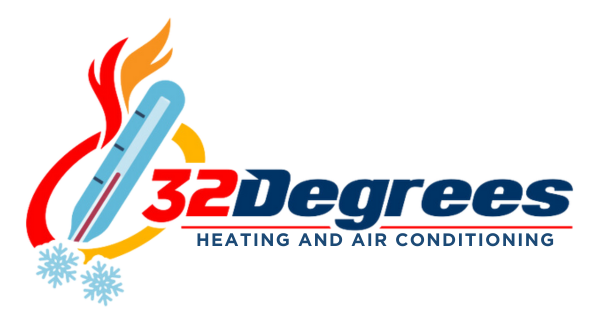What Factors Should Customers Consider When Installing a New Furnace?
Installing a new furnace is a big decision. It’s not just about getting heat into your home—it’s about making a smart investment that keeps you comfortable for years while managing energy costs and avoiding unnecessary headaches. Whether your old furnace has finally called it quits or you’re upgrading for efficiency, here are some factors to think about as you plan for a new furnace.
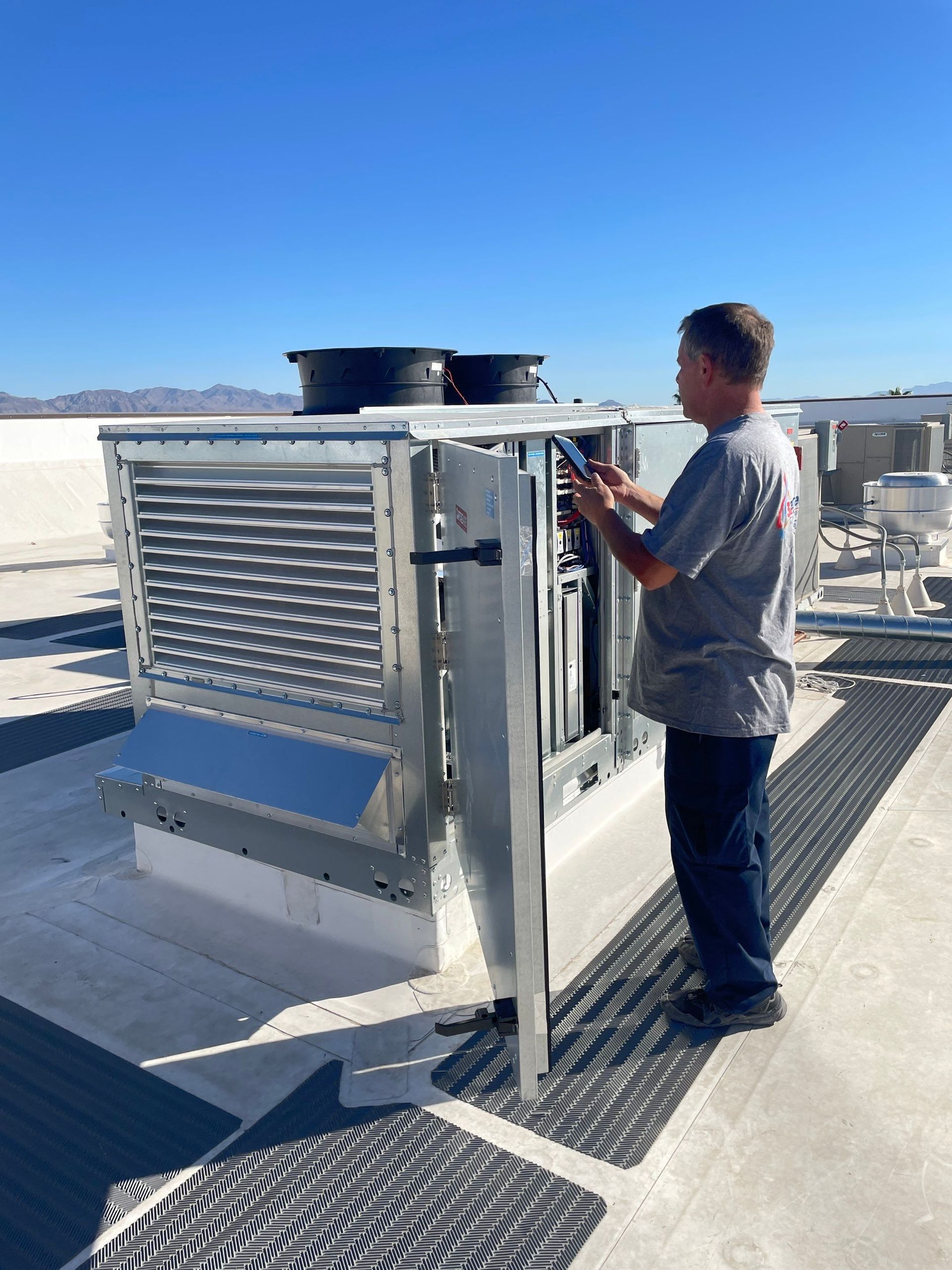
1. The Right Size Matters
Furnace size isn’t just about how physically big it is—it’s about capacity. A furnace that’s too small will struggle to heat your home, constantly running and wearing out faster. On the other hand, an oversized furnace will cycle on and off frequently, wasting energy and leading to uneven temperatures.
A professional HVAC technician will calculate your home’s heating load to recommend a furnace with the right capacity. They’ll factor in your home’s square footage, insulation, number of windows, and even how much sun your home gets during the day.
2. Efficiency Ratings and What They Mean
Furnaces come with an AFUE (Annual Fuel Utilization Efficiency) rating, which tells you how efficiently the system converts fuel into heat. A higher AFUE means less fuel wasted and lower energy bills.
While high-efficiency furnaces cost more upfront, they often pay for themselves over time in energy savings. For most homes, choosing a furnace with at least 90% AFUE is a good balance of performance and cost. If you’re upgrading from an older model, you’ll likely notice a significant drop in heating costs with a more efficient system.
3. Fuel Type and Availability
What type of fuel does your home use? Most furnaces run on natural gas, propane, or electricity. Natural gas is often the most cost-effective option if it’s available in your area. If not, propane or electric furnaces might be the next best choice.
Consider fuel costs and availability when choosing your new furnace. If you’re switching from one fuel type to another, factor in the cost of any modifications to your home, such as installing a gas line or upgrading your electrical system.
4. Features That Enhance Comfort and Control
Modern furnaces come with features that improve both comfort and convenience. For example:
- Variable-Speed Blowers: These adjust the airflow based on your home’s needs, providing consistent temperatures and quieter operation.
- Zoning Systems: Divide your home into zones with independent temperature controls, so you’re not heating unused rooms.
- Smart Thermostat Compatibility: Pairing your furnace with a smart thermostat gives you precise control over your heating, even when you’re not home.
These features may add to the initial cost but can improve your comfort and energy efficiency in the long run.
5. Installation Quality is Key
Even the best furnace won’t perform well if it’s not installed properly. A skilled installation ensures your system runs efficiently, lasts longer, and avoids frequent repairs.
Choose an HVAC company with a reputation for quality workmanship. Look for licensed, experienced technicians who offer clear communication, transparent pricing, and reliable service. A professional installer will also test the system after installation to ensure everything is working as it should.
6. Budget Considerations
A new furnace is an investment, and it’s important to balance upfront costs with long-term savings. While it may be tempting to choose the cheapest option, remember that efficiency, reliability, and performance often come at a slightly higher price.
Ask about financing options or promotions that can make the investment more manageable. Don’t forget to factor in potential savings on energy bills and maintenance costs with a more efficient, reliable system.
7. Maintenance Requirements
No matter how advanced your new furnace is, it will need regular maintenance to stay in good shape. Ask your HVAC technician about maintenance requirements for your chosen model. Routine tune-ups will keep it running efficiently, extend its lifespan, and help you avoid unexpected breakdowns.
8. Longevity and Warranty Coverage
Most modern furnaces last between 15-20 years, depending on the model and how well it’s maintained. Look for a furnace with a strong warranty to protect your investment. Many manufacturers offer warranties on both parts and performance, giving you peace of mind.
Final Thoughts
Choosing a new furnace isn’t just about staying warm—it’s about finding the right system for your home, budget, and needs. By considering factors like size, efficiency, fuel type, features, and installation quality, you can make a decision that keeps you comfortable and saves money over the years.
Need help navigating your options? An experienced HVAC professional can guide you through the process, ensuring your new furnace is a perfect fit for your home. With the right choice and proper installation, you’ll enjoy reliable, efficient heating for many winters to come.
Ready to work with 32 Degrees Heating and Air Conditioning?
Let's connect! We’re here to help. Send us a message and we’ll be in touch. Or give us a call today at 725-720-2912
Agency Contact Form
We will get back to you as soon as possible
Please try again later
Our Blogs...
32 Degrees HVAC Solutions
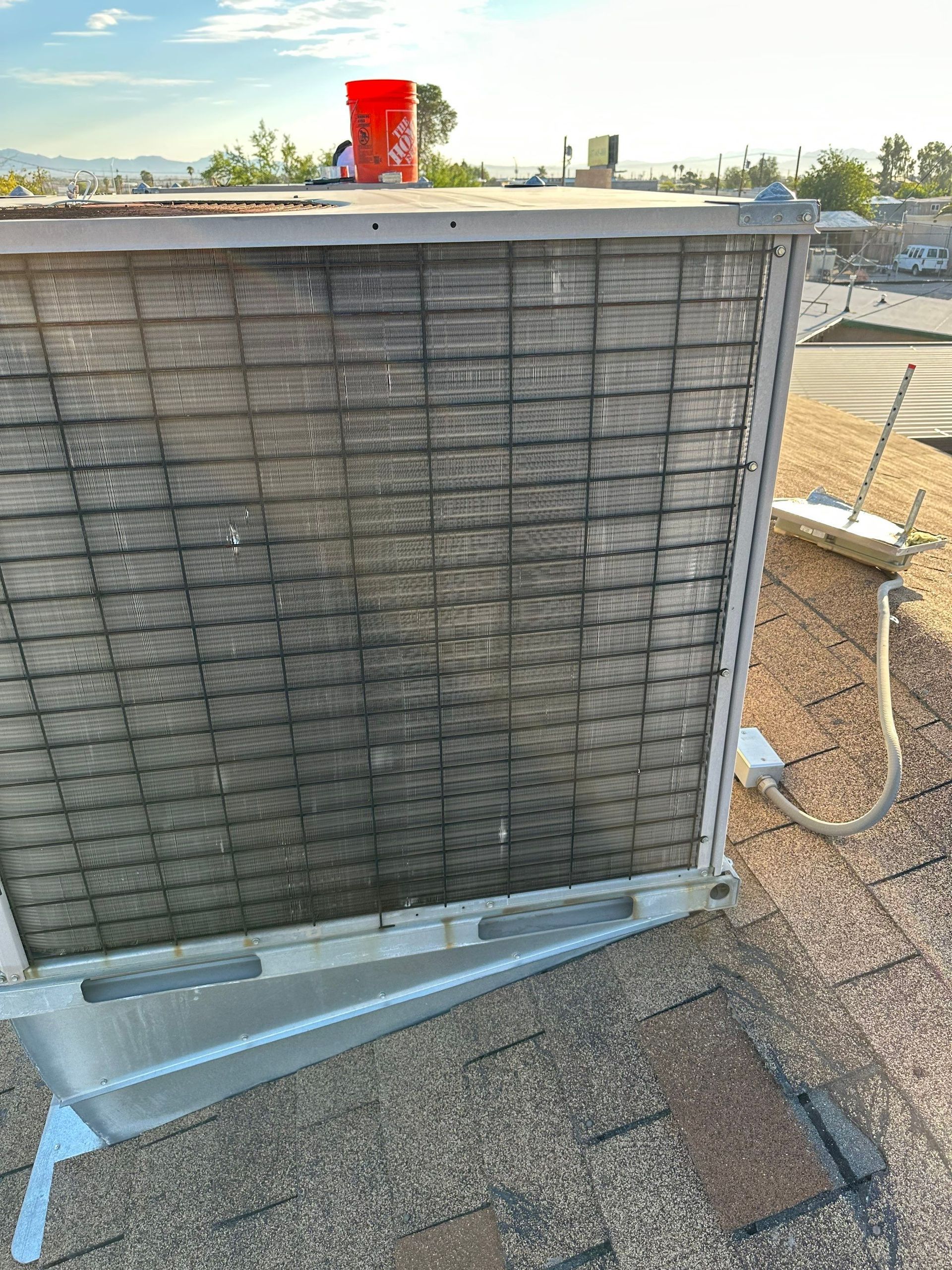
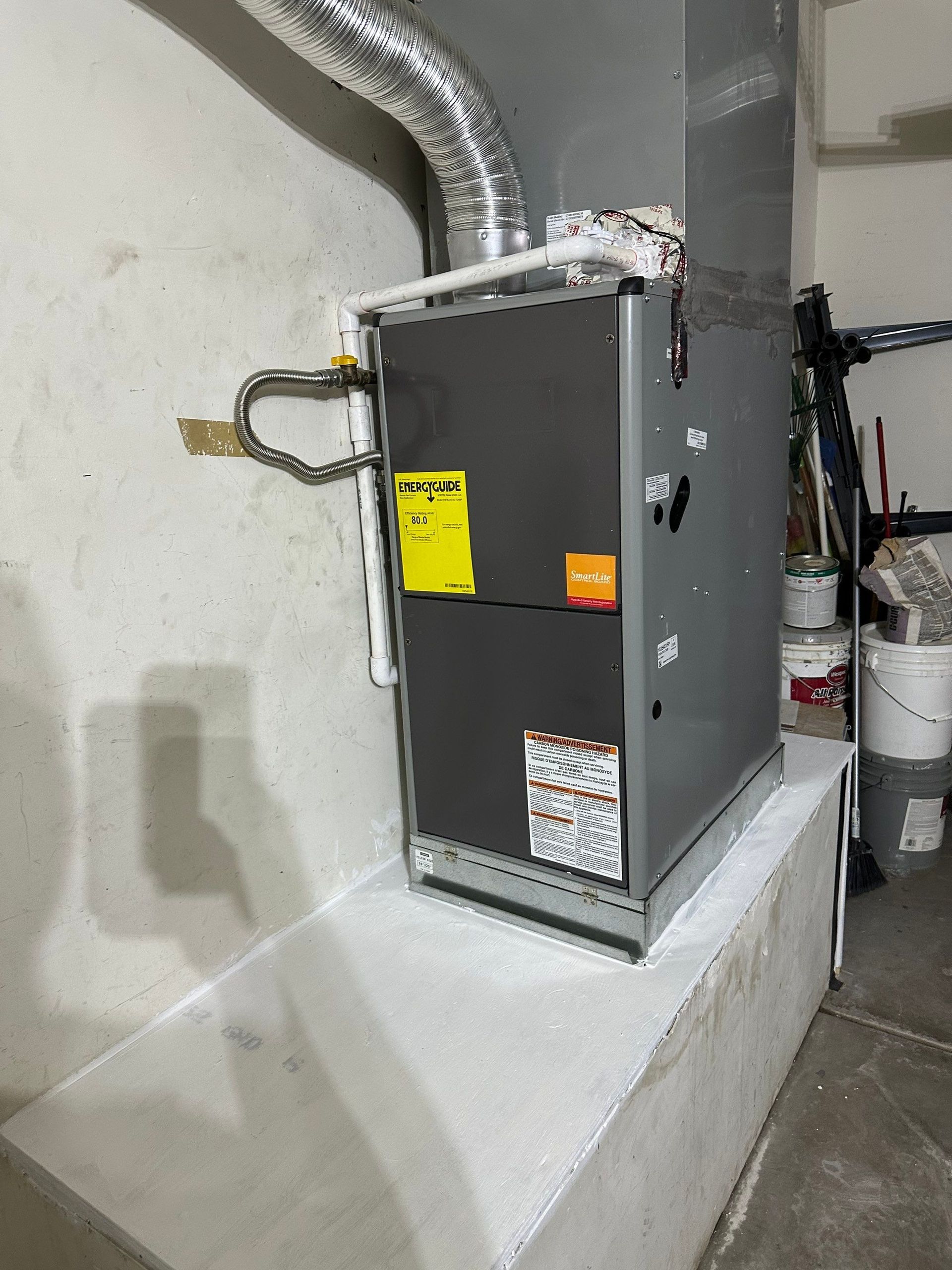
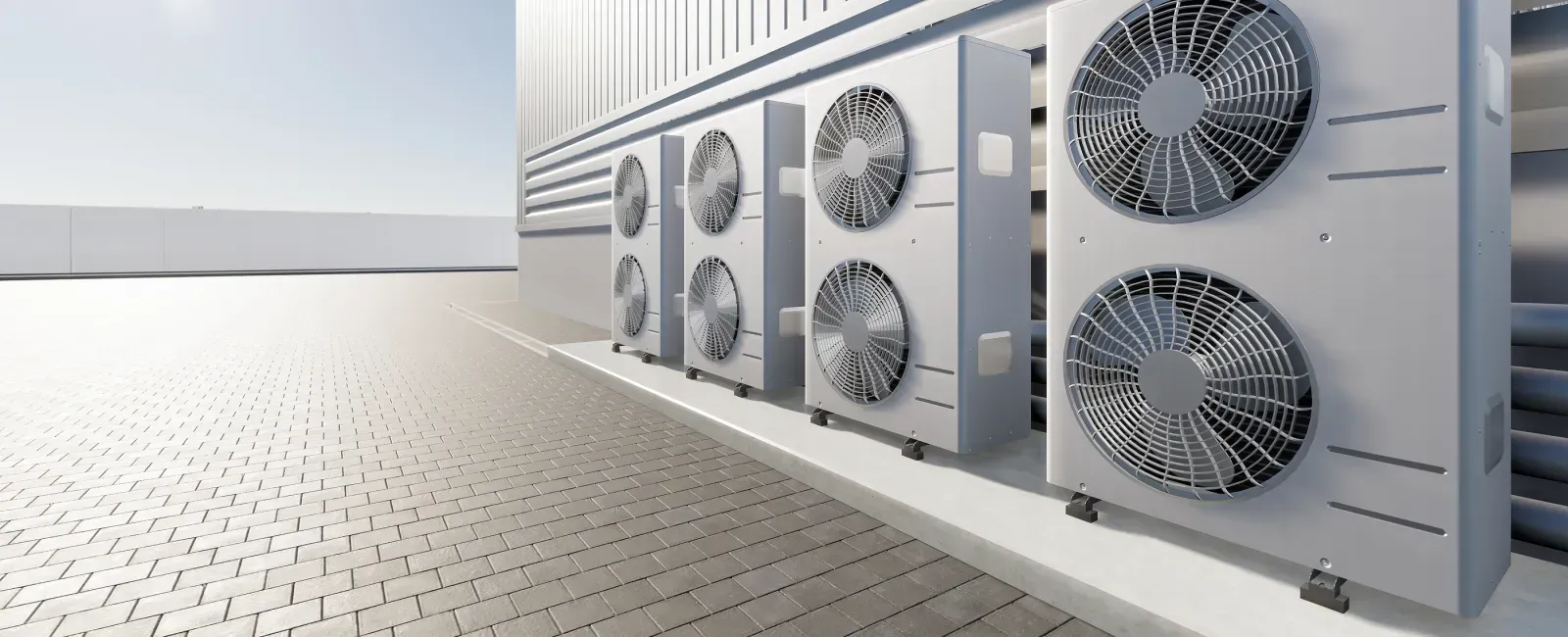
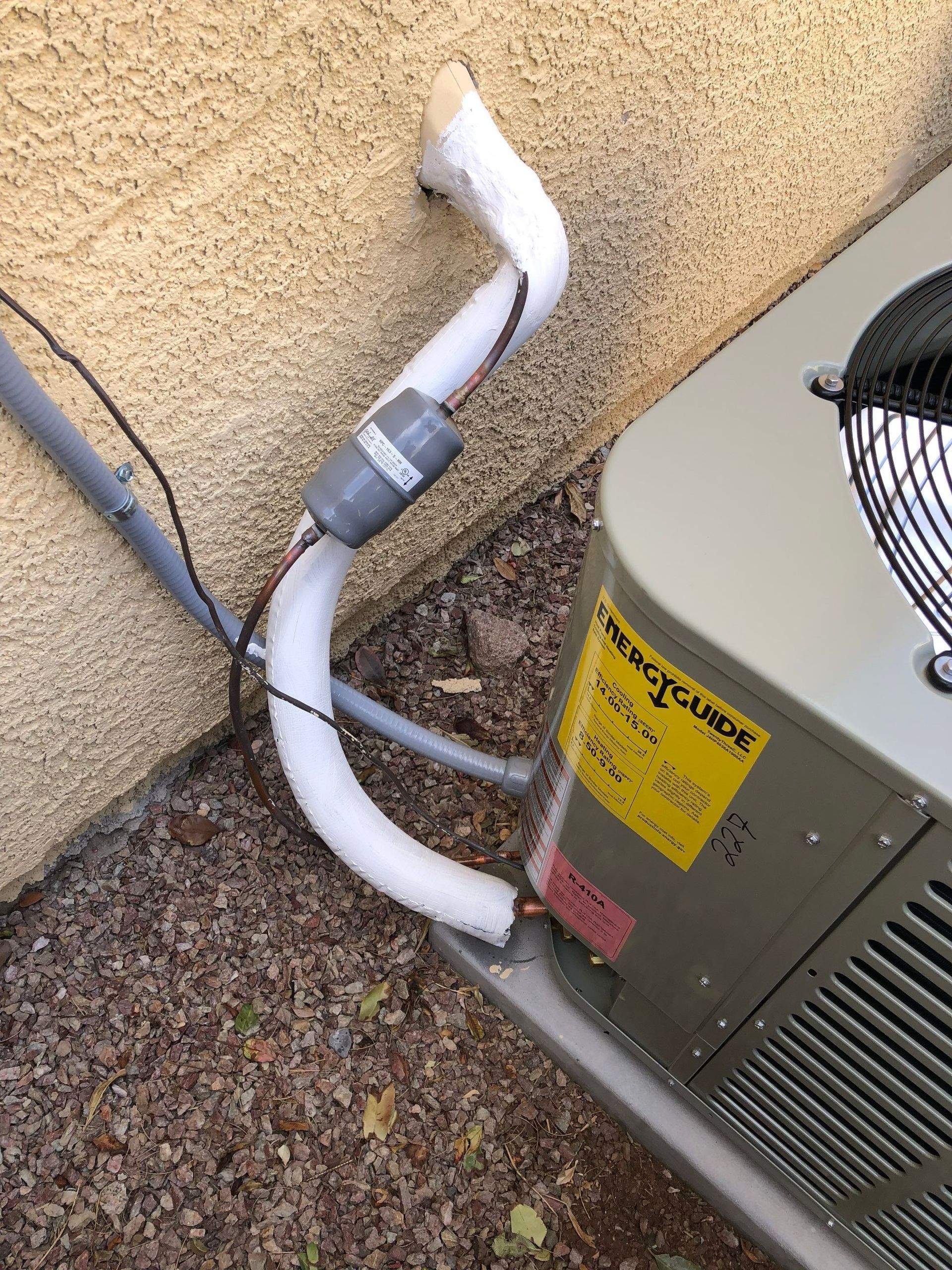
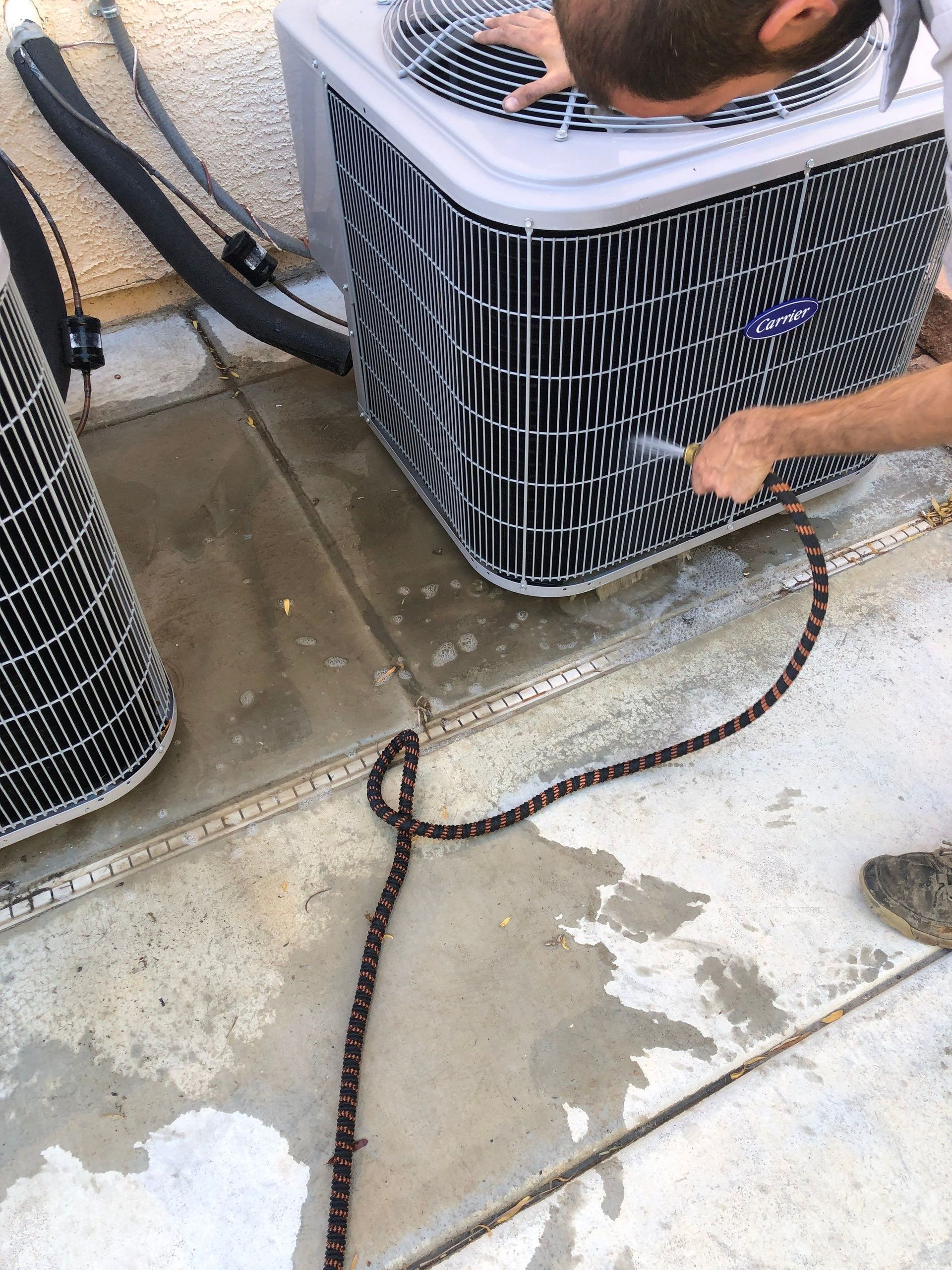
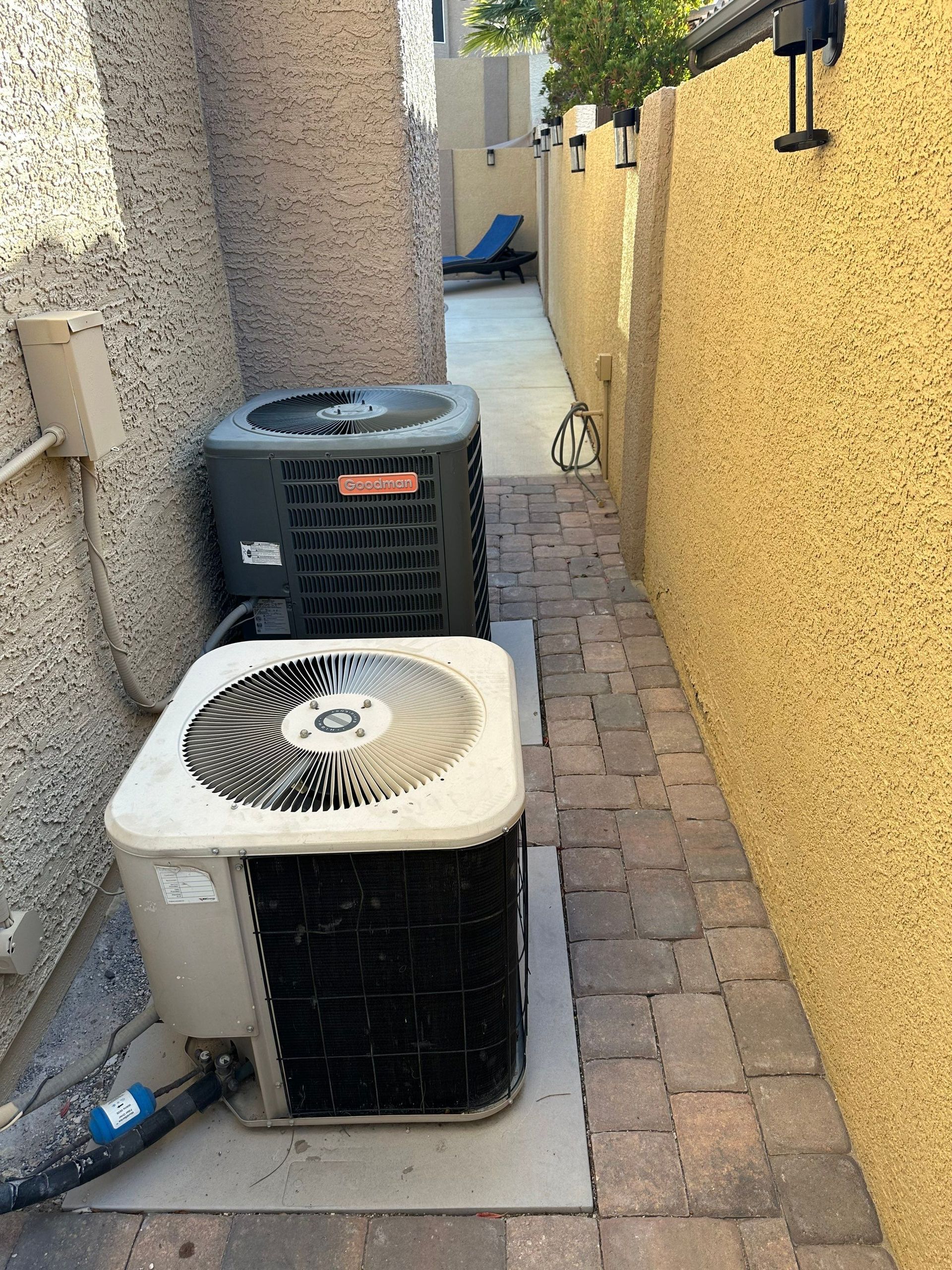
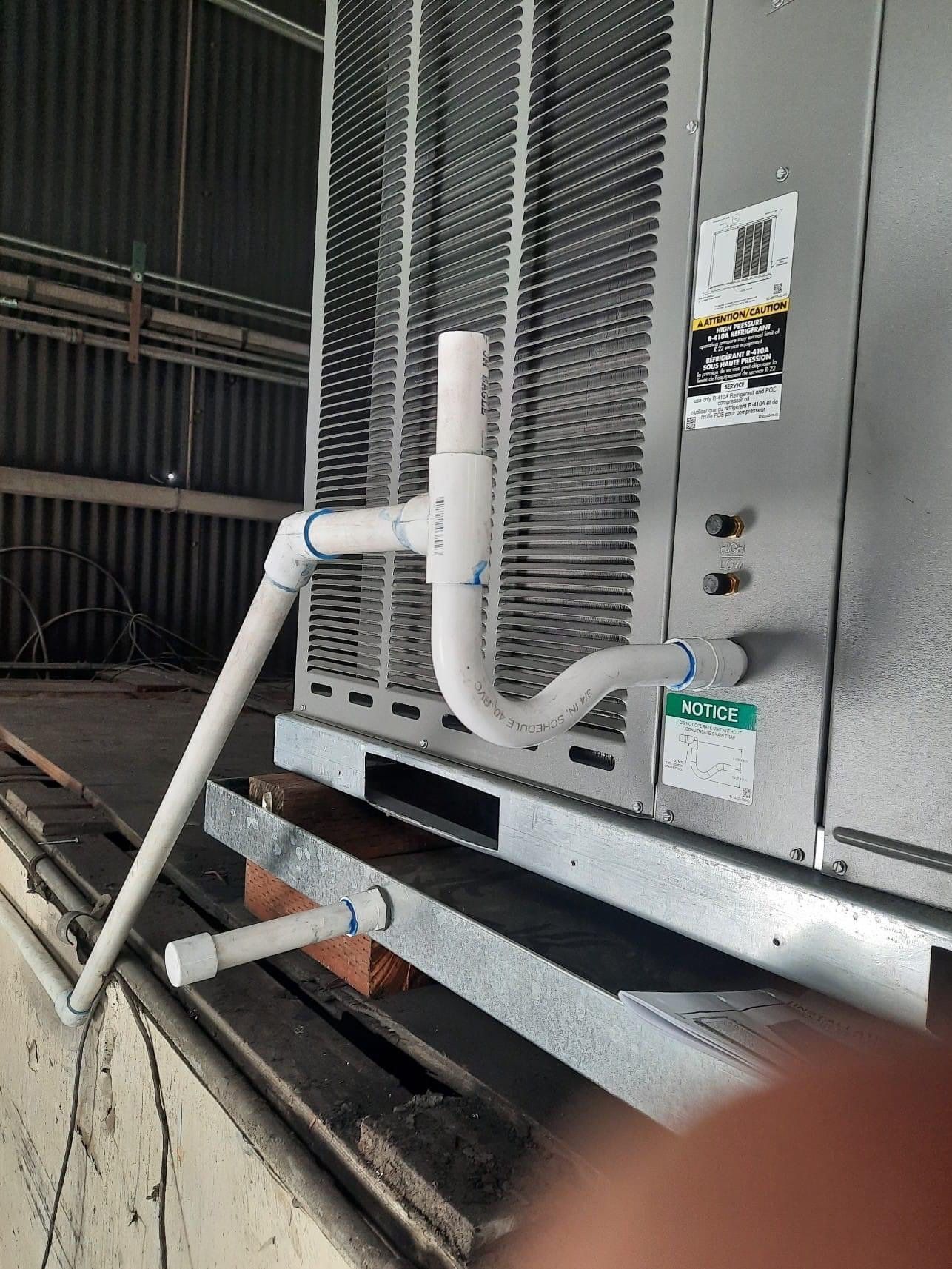
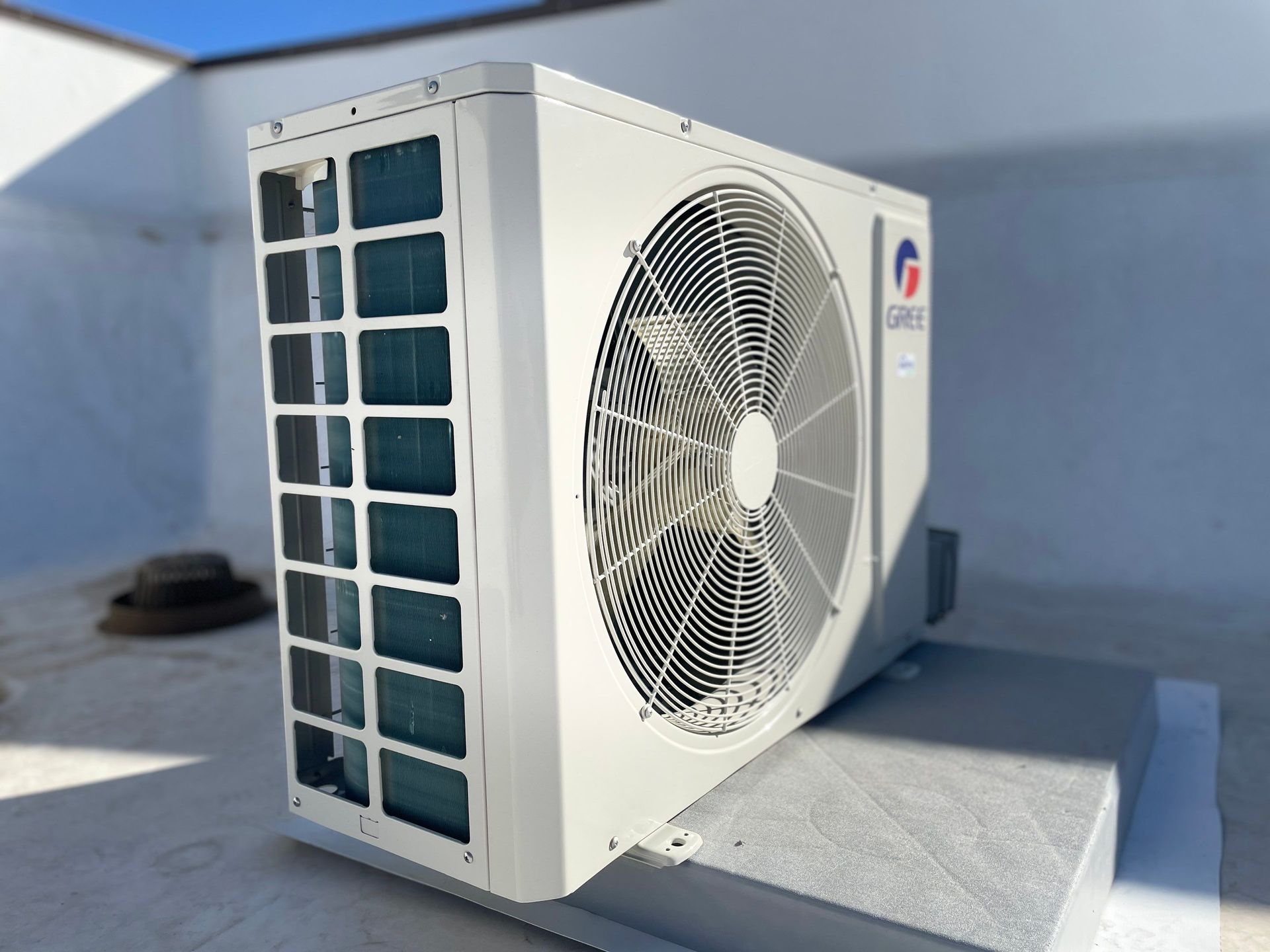
2504 Alma Lidia Ave
Las Vegas, NV 89032
office@32degreeslv.com
NEVADA LICENSE 0088234
Refer A Friend!!
>>$50 for Service or $100 For Install <<
All Rights Reserved | Managed By Kate Marketing
NEVADA LICENSE 0088234
Refer A Friend!!
>>$50 for Service or $100 For Install <<
All Rights Reserved | Managed By Kate Marketing
| Privacy Policy | Terms of Service | Sitemaps
Privacy Policy | Terms of Service | Sitemaps
All Rights Reserved | Site Managed By Kate Marketing

